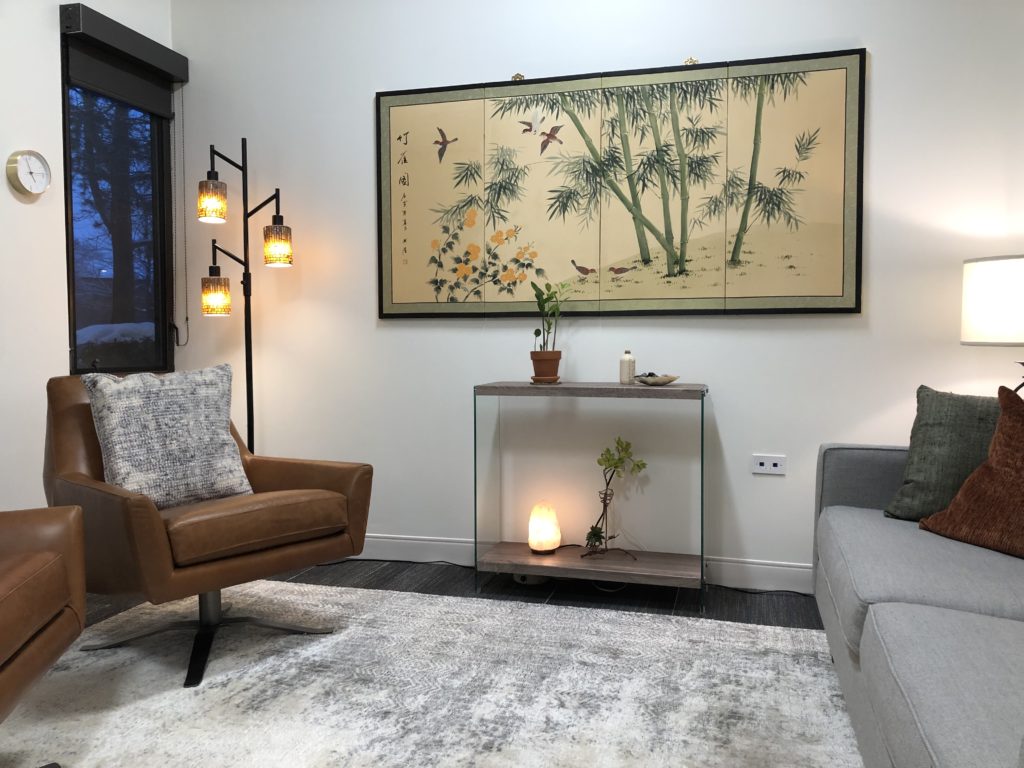I’m an integrative mental-health practitioner. That means I approach our work together in a whole-person-centered way. A whole-person-centered approach to therapy involves exploring the many domains of your experience—mind, body, emotions, relationships, and spirit—for purposes of symptom relief as well as growth and development. I strive not only to understand and alleviate your distress, but also to help you uncover your strengths, build your resilience, and deepen your engagement with life, to the degree that you, too, are interested in doing so.
Ancient Greek physician Hippocrates referred to “the natural healing force within each one of us.” Twentieth-century psychologist Carl Rogers wrote of the actualizing tendency, a wired-in inclination toward constructive growth and change that’s present in every individual. Modern-day neuroscience contends that the human brain is plastic, able to change and develop throughout life in response to experience. I believe in these concepts, and I see my job as providing a relational environment capable of catalyzing your healing process and facilitating your growth as a person.
As you might imagine, this is not a cookie-cutter approach to therapy. It is highly personalized, involving, on my end:
- Open, careful listening to what you are saying,
- Genuine appreciation of your unique experience, and
- A special sensitivity to when to step in and when to get out of the way and let your own inner wisdom unfold.
It also entails, on my end, knowledge of the many different schools of therapy—psychodynamic, cognitive-behavioral, systems-based, emotionally focused, mindfulness-based, and more—and the versatility to work with each of them as our work together demands. Different people respond differently to different “interventions” at different times, because each of us possesses a unique combination of ever-evolving characteristics and needs.
Another aspect of my approach as a therapist—perhaps the most important aspect of all—is awareness of my own humanity—knowing that I’m a person, too, with her own challenges, struggles, vulnerabilities, and developmental processes. More than anything else it’s this recognition that allows me to meet you where you’re at—openly, kindly. I believe as twentieth-century psychiatrist and psychoanalyst Harry Stack Sullivan did, that “we are all more simply human than otherwise.”
I invite you to keep reading, or contact me to learn more.

